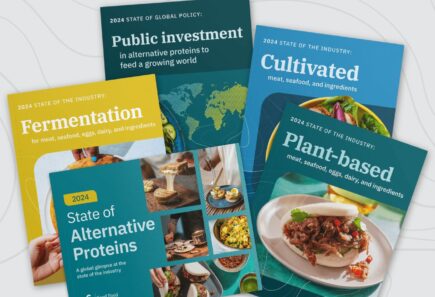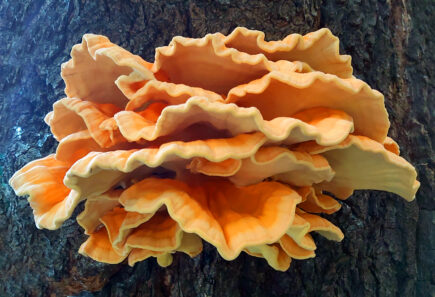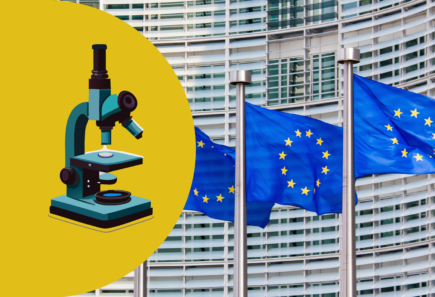Fermentation
Your guide to the science, business and policy of using fermentation to produce animal-free meat, eggs, dairy and seafood.

What is fermentation?
Alternative protein companies are using fermentation in innovative ways to produce foods that deliver the distinctive flavours and textures of animal products, without farming animals.
Fermentation can be used to produce ingredients that look, cook and taste like meat, through a process similar to the way foods like tempeh are made.
Precision fermentation uses yeast to produce real egg or dairy proteins (like whey and casein) or meat proteins (like haemoglobin), delivering the familiar flavour and texture of foods like cheese and milk, without using animals.
Why do we need fermentation?
Fermentation is an incredibly efficient process. It enables cells to produce protein very quickly, sometimes doubling in concentration within hours, compared to months or years for animals.
This means that, compared with farming animals, meat and other alternative proteins made using fermentation are less resource-intensive. They have the potential to reduce greenhouse gas emissions, deforestation, biodiversity loss, water use, water pollution, antibiotic resistance, and foodborne illnesses.
The fermentation process can even help to reduce food waste, by transforming agricultural surplus and byproducts into nutritious and delicious food.
How are alternative proteins made with fermentation?
Some sustainable protein companies use a method similar to beer or yoghurt production to grow large quantities of mycoproteins. These mushroom-like strains, originally found in soil, have a meaty texture, and can be combined with other ingredients to produce animal-free meat.
Another method of fermentation – known as precision fermentation – uses organisms such as yeast to produce pure dairy or egg proteins, or ingredients such as heme. This process has been used for decades to produce medicines like insulin and food enzymes like rennet (which is found in many cheese products).
First, gene sequences for the proteins found in cow’s milk or chicken’s eggs are introduced into the yeast. These tell the yeast how to produce proteins such as whey and casein, which give dairy cheese its distinctive flavour and texture.
Next, the yeast is fed simple sugars and converts them into the desired protein, in the same way it would turn sugar into alcohol during beer production.
Finally, the proteins are purified from the yeast and then mixed with other ingredients like plant-based fats to create a finished product that is indistinguishable from an animal product, such as cow’s milk or cheese.
How can we advance fermentation in Europe?
Creating the flavours and textures of animal products using fermentation involves using new science and technology. Many approaches are yet to be rigorously explored or optimised for making alternative proteins, and research is needed to find the best ways of producing them at scale.
To uncover the full potential of sustainable proteins made with fermentation, we need public investment in open-access research and development to support innovation and make these foods accessible for consumers across Europe. GFI’s analysis of research priorities explores the most needed open-access research for advancing the fermentation sector.

The science of fermentation
Learn more about the science and technology behind fermentation – and the white spaces where more research is needed to accelerate the transition to a sustainable, secure and just food system.
The business of fermentation
Europe’s fermentation sector is growing rapidly, with companies producing everything from fish fingers to cheese. European fermentation companies raised €164 million during the first six months of 2024 – more than the €100 million raised throughout the whole of 2023.


The policy of fermentation
To deliver on their potential to help tackle the climate and ecological emergency, protect public health and enhance food security, fermentation-made proteins need government support.
GFI Europe advocates public investment in fermentation R&D, evidence-based regulation of new foods, and clear labelling rules to help consumers make more sustainable choices.








